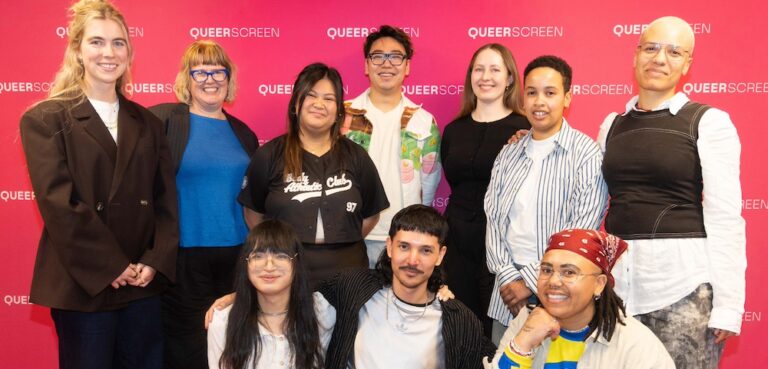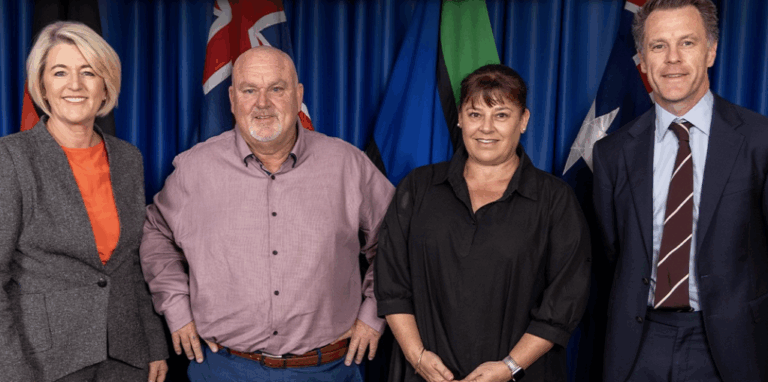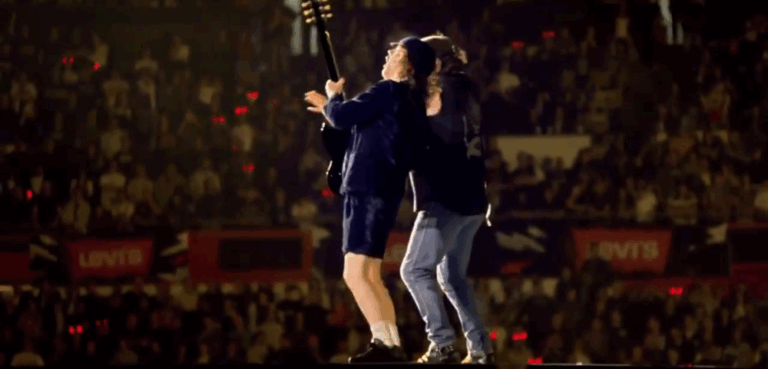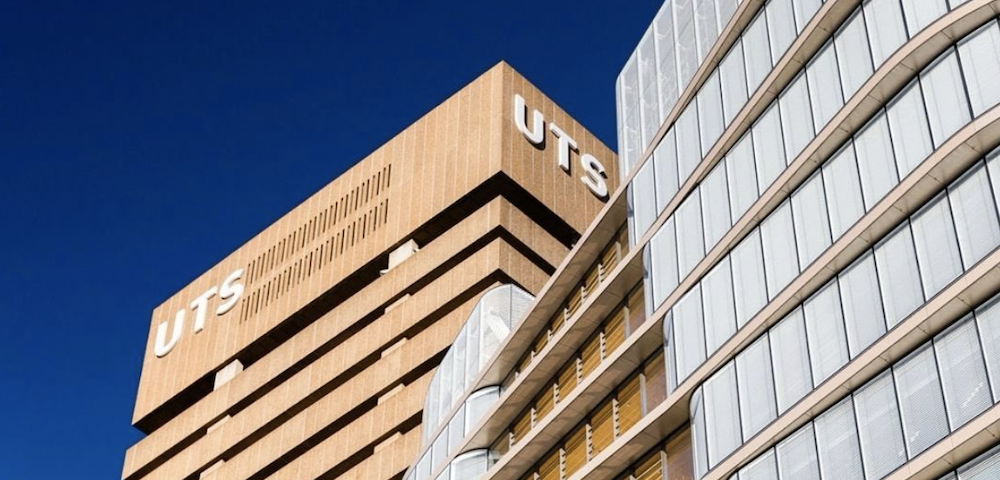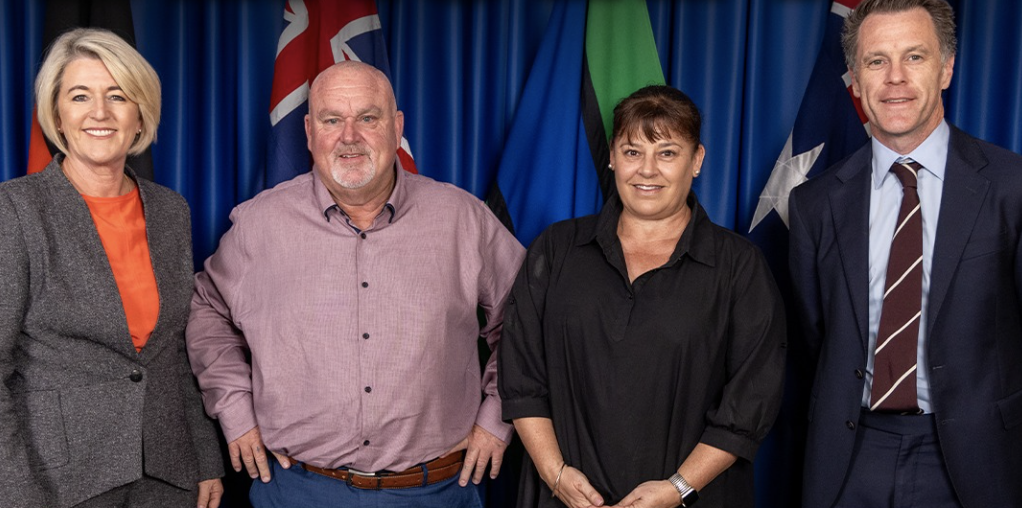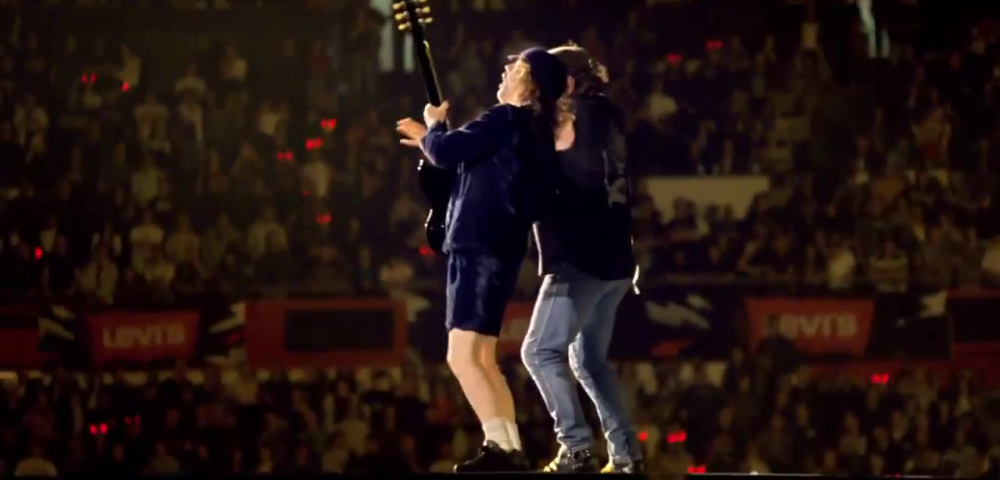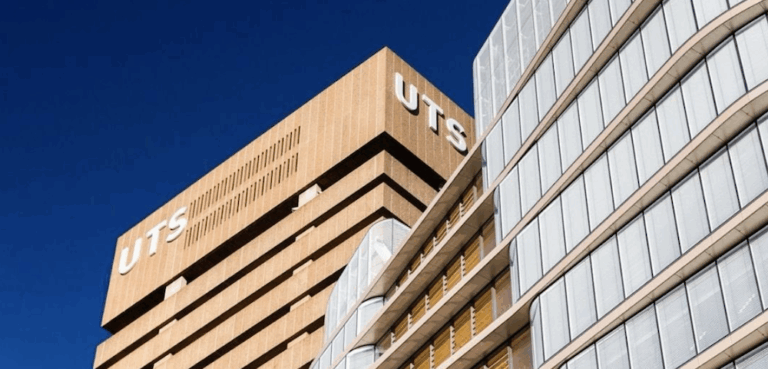

Image: Image: Justin Cooper
By JUSTIN COOPER
The National Tertiary Education Union (NTEU) rallied over the past week in protest for better pay and work conditions after over a year of negotiations.
Educators gathered requesting a pay rise to match current inflation, reduce workloads, and minimise the reliance on casual staff who are not receiving secure work benefits.
On May 31st, tertiary teachers from UNSW and Macquarie University rallied at UNSW Kensington as part of a 24-hour working strike for teachers.
City Hub spoke with UNSW NTEU Branch President Richard Vickery who has been advocating for fellow teachers after a “very challenging” three years.
Vickery explained that the impacts of covid-19, massive staff cuts, and shifts to three mandatory teaching terms with a summer term left additional workloads and responsibilities for existing teachers.
“Staff rightly felt betrayed… These staff departures not only affect morale and disrupt working relationships, but on a practical scale, often entail more workload” says Vickery.
Starting action back in March 2022 with little progress, Vickery and the Union sought industrial action which has pushed for substantial negotiations with UNSW Vice Chancellor Atilla Brungs. However, negotiations regarding a fair pay rise have still not been met.
“UNSW gave staff only a 1% pay rise last year – given inflation this is actually a significant pay cut. The current offer is 3.25% over 4 years which is below the average wage increases nationally. Cost of living pressures are really starting to bite, especially with Sydney housing costs.”
Image: Justin Cooper
